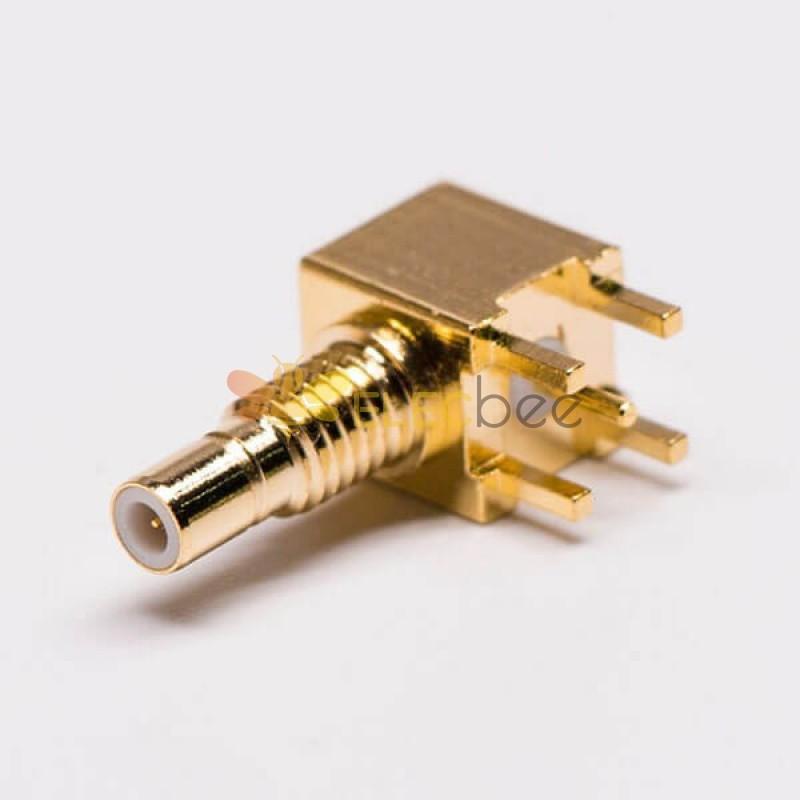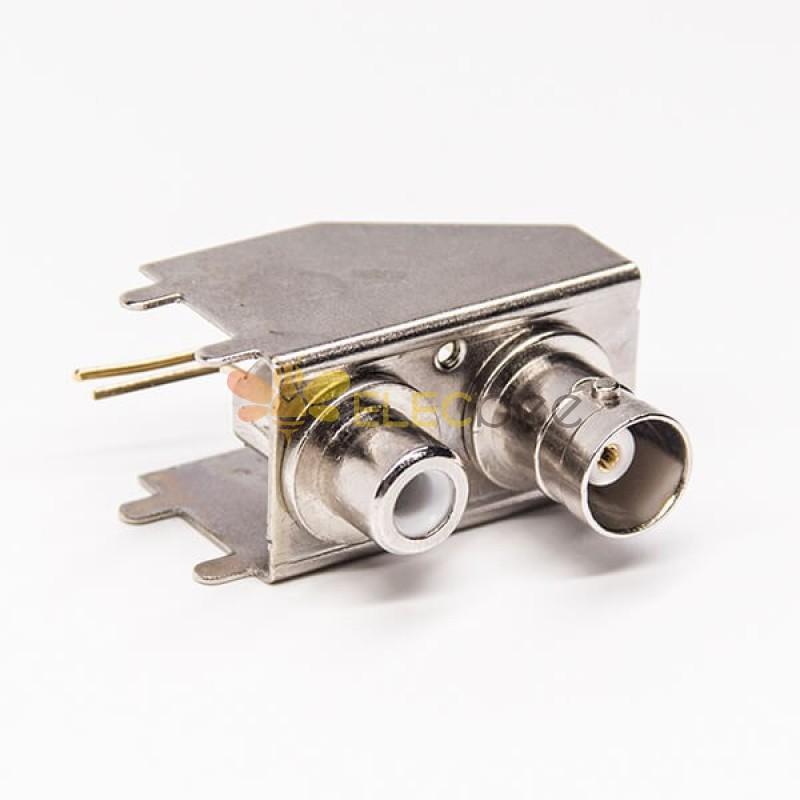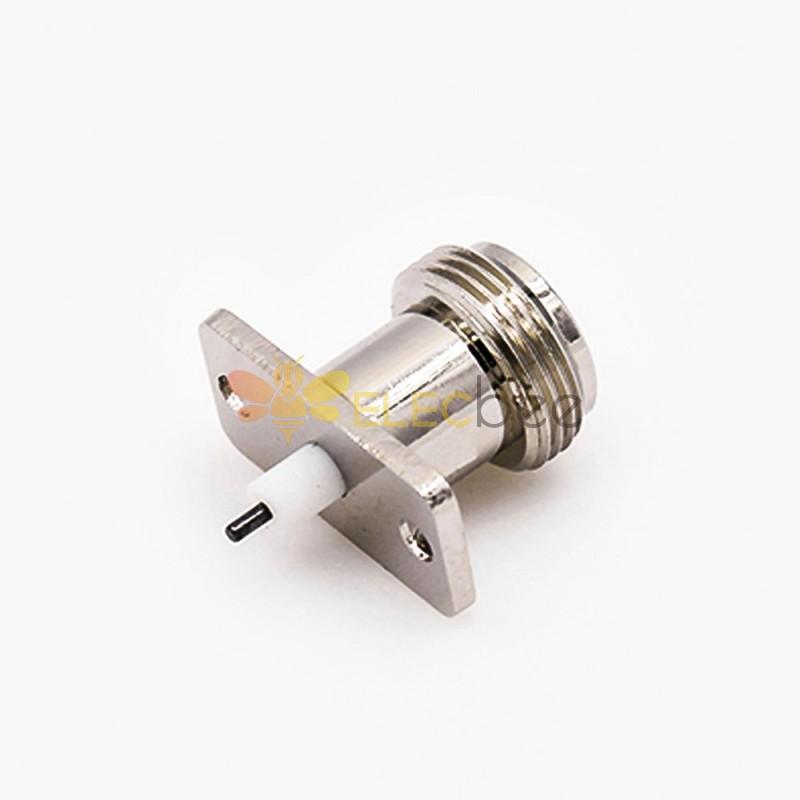Radio Frequency (RF) connectors are widely used in various industries for their versatility, reliability, and durability. They play a critical role in transmitting high-frequency signals between electronic devices, enabling the seamless flow of information. RF connectors are designed to connect coaxial cables to radio equipment, antennas, and other devices that require high-frequency communication. These connectors come in different shapes, sizes, and types, each designed to meet specific requirements.
In this article, we will explore the different types of RF connectors, their uses, and how to choose the right connector for your application.
Types of RF Connectors
There are various types of RF connectors, and each has its own unique features and uses. Some of the most common types of RF connectors are:
- SMA Connectors: SMA (SubMiniature version A) connectors are widely used in high-frequency applications, such as microwave and radio frequency communications. They are compact, easy to use, and have high repeatability.
- BNC Connectors: BNC (Bayonet Neill-Concelman) connectors are commonly used in video and audio applications. They are easy to connect and disconnect, making them ideal for applications that require frequent changes.
- N Connectors: N connectors are suitable for high-power applications, such as broadcast and radar systems. They are designed to handle high frequencies and provide low signal loss.
- TNC Connectors: TNC (Threaded Neill-Concelman) connectors are similar to BNC connectors, but they have a threaded coupling mechanism that provides a more secure connection. They are commonly used in military and aerospace applications.
- SMB Connectors: SMB (SubMiniature version B) connectors are used in applications that require a compact, lightweight design. They are commonly used in GPS and wireless communication systems.

Uses of RF Connectors
RF connectors are used in various applications, including:
- Telecommunications: RF connectors are used in telecommunications networks to connect antennas, transmitters, and receivers.
- Broadcasting: RF connectors are used in broadcasting systems to connect transmission lines, amplifiers, and antennas.
- Military and Aerospace: RF connectors are used in military and aerospace applications to connect radar systems, avionics, and communication systems.
- Medical: RF connectors are used in medical equipment, such as MRI machines, to transmit high-frequency signals.
- Automotive: RF connectors are used in automotive applications, such as GPS and satellite radio systems.

Choosing the Right RF Connector
Choosing the right RF connector for your application is crucial to ensure reliable and efficient communication. Some factors to consider when choosing an RF connector include:
- Frequency: The frequency range of the connector should match the frequency range of the application.
- Impedance: The impedance of the connector should match the impedance of the transmission line to minimize signal loss.
- Size and Shape: The size and shape of the connector should match the size and shape of the device and the cable.
- Environment: The connector should be able to withstand the environmental conditions, such as temperature, humidity, and vibration.
- Cost: The cost of the connector should be considered, as some connectors are more expensive than others.

Conclusion
RF connectors are essential components in various industries, including telecommunications, broadcasting, military and aerospace, medical, and automotive. They come in different shapes, sizes, and types, each designed to meet specific requirements. Choosing the right RF connector for your application is crucial to ensure reliable and efficient communication. By considering factors such as frequency, impedance, size and shape, environment, and cost, you can choose the right RF connector for your application and ensure seamless flow of information.

